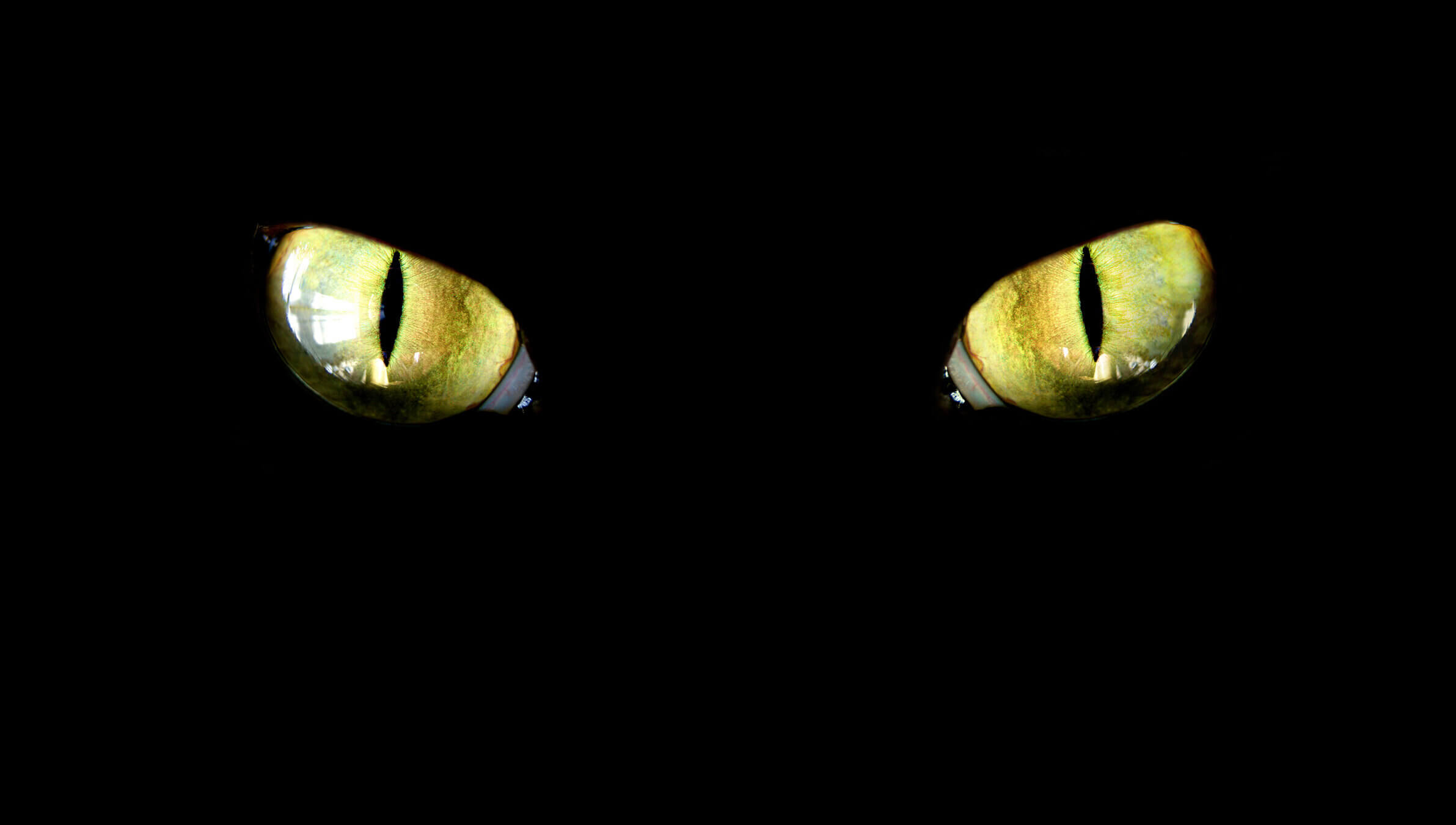What ever became of the cat in ‘The Diary of Anne Frank’?
The untold and (mostly) happy story of Mouschi, who lived in the secret annex with the Franks and Van Daans on Broadway and throughout America

We know what happened to most of the original Broadway cast of The Diary of Anne Frank. But what about the cat? Photo by iStock
Editor’s note: This article is one in a series published in conjunction with Playing Anne Frank, our podcast about how The Diary of Anne Frank changed the lives of the people who brought it to Broadway, Hollywood, and the rest of the world. Other articles in the series can be found here, here, here and here.
Among the props needed for a stage production of The Diary of Anne Frank are any number of suitcases, kitchen utensils, and candles. Probably the most difficult of these to wrangle is the cat.
When I first read Frances Goodrich and Albert Hackett’s script for the play, I assumed that this cat, who arrives at the secret annex along with the Van Daan family and becomes a source of contention later on, would be represented by a stuffed cat. Or maybe indicated through pantomime.
But while I was researching the play’s history for the podcast Playing Anne Frank, I discovered that Mouschi, as the cat was called in the script, was real — one of dozens of items on the prop list that the show’s crew had to procure and take care of.
Animals onstage are notoriously difficult, and I imagined that 717 performances on Broadway plus hundreds more on the show’s various tours must have been stressful for the animal.
But Peter Dan Levin, who originated the role of Peter Van Daan on Broadway, remembered only a few difficulties with Mouschi.
“I got on fine with him,” Levin told me. “One matinee or evening, the cat jumped out and started for the audience and I grabbed him by the tail and pulled him back in. And that was that.”
Levin also recalled a scene with Susan Strasberg, who played Anne Frank, in which Mouschi “crapped in the little cage.”
“And she did the funniest look at me,” he said, meaning Strasberg, not the cat. “But we had to go through it. So that was that.”
Arnold Margolin, who served as assistant stage manager of the Broadway production and later took over the role of Peter, was not quite as fond of the animal. “He didn’t care for me and I didn’t like him, so he spent most of his time in a little caged box,” Margolin told me.
“We got a new stage manager and he had the bright idea that at the curtain call, I should hold the cat, which we hadn’t been doing,” he continued. “And so that first night, the curtain went up. There was silence. He was fine; the cat was fine. We’re all lined up waiting. The curtain went up and we got hit by lights and the audience applauding. The cat went nuts and just tried to get over my back and just tore into me with his nails on my chest and my back.
“After about three nights of that, I went to the stage manager and I showed him my wounds and threatened to go to Equity if he couldn’t get rid of the cat,” Margolin said, referring to the actor’s union. “So that was the end of the cat taking a curtain call.”
The next to take on the role of Peter was Steve Press, who also had to take over minding Mouschi. Press described Mouschi as “an average-looking gray cat” and said that training the animal wasn’t easy at first, but a relationship bloomed, and, when the show closed, Press took the cat with him on tours in which it played more than 100 American cities.
“Mouschi never missed a performance,” Press said. “He did everything from the previews before it opened on Broadway to the full Broadway run to the national company to the bus-and-truck tour.”
When the run finally ended, there was much interest in using Mouschi in other productions, but the cat “did not like that because the whole company was different,” Press recalled. “He did not like the changes that were being made.”
So, the cat ended up living with Press’ parents in Westchester.
“Mouschi was the happiest cat in the world,” Press told me. “My favorite moment would be if I was visiting my parents, my father would turn on television in the evening and Mouschi would come over and sit on his lap and the two of them would fall asleep.”
A message from our CEO & publisher Rachel Fishman Feddersen
I hope you appreciated this article. Before you go, I’d like to ask you to please support the Forward’s award-winning, nonprofit journalism during this critical time.
We’ve set a goal to raise $260,000 by December 31. That’s an ambitious goal, but one that will give us the resources we need to invest in the high quality news, opinion, analysis and cultural coverage that isn’t available anywhere else.
If you feel inspired to make an impact, now is the time to give something back. Join us as a member at your most generous level.
— Rachel Fishman Feddersen, Publisher and CEO